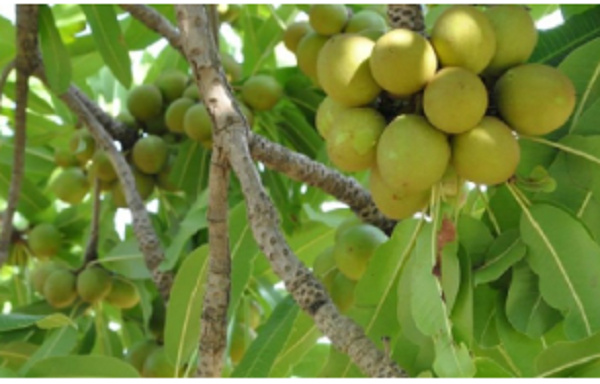Amid Nigeria’s urgent quest for economic diversification, one often-overlooked asset holds immense untapped promise: the shea industry. With global demand for natural and sustainable products on the rise, especially in the cosmetics, food, and pharmaceutical sectors, the humble shea tree, abundant in Nigeria’s savannah belt, could become a formidable pillar of rural development, foreign exchange earnings, and inclusive economic growth.
Nigeria is one of the world’s leading producers of shea nuts, contributing an estimated 500,000 metric tonnes annually, primarily harvested by rural women across states like Kwara, Niger, Kebbi, Benue, and Oyo. Yet, the country captures only a fraction of the global shea market’s value—valued at over $2 billion annually, because it primarily exports raw nuts rather than refined shea butter or value-added products.
This raw export model deprives the nation of substantial economic benefits, including job creation, industrial development, and increased export earnings. Countries like Ghana and Burkina Faso, with fewer shea trees, have moved up the value chain, exporting refined butter and branded cosmetics that fetch far higher returns. Nigeria must take a cue and reposition its shea sector as a strategic national asset.
The opportunity is vast, both domestically and internationally. Shea butter is prized globally as an ingredient in skincare, hair care, and health products. It also has culinary uses, particularly as a cocoa butter substitute in confectionery. With growing consumer preference for organic, ethically sourced ingredients, Nigeria can develop a reputation for premium-grade, sustainably harvested shea butter.
To realise this potential, however, the Nigerian government and private sector must tackle several barriers, including lack of processing infrastructure. Most shea collectors lack access to modern processing equipment, resulting in poor quality output that limits competitiveness. Investment in rural processing hubs and cooperative-based models can dramatically improve quality and reduce post-harvest losses.
Nigeria’s small-scale women harvesters and processors often struggle to access credit or connect with lucrative international markets. Targeted funding, training, and linkages through public-private partnerships and trade fairs are essential.
Quality standards and certification are also important. Meeting international standards requires rigorous hygiene, packaging, and traceability protocols. Government agencies like the Nigerian Export Promotion Council (NEPC) and the Standards Organisation of Nigeria (SON) must intensify support for certification and branding.
The shea tree is a climate-resilient crop, offering both environmental and economic benefits. Protecting shea parklands from deforestation and developing a national shea development policy will help ensure sustainability and long-term productivity.
Shea is a women-dominated industry, with up to 80 per cent of collection and processing done by rural women. Supporting them with access to technology, training, land rights, and fair pricing mechanisms is not only just, it is smart economics. Empowered women will reinvest in their communities, catalysing broader rural development.
Already, some promising initiatives are emerging. State governments in Niger, Kwara, and Kebbi have begun partnering with development organisations and investors to promote shea processing. Export volumes are rising, and some Nigerian brands are entering international markets. But this progress remains marginal without national-scale commitment and coordinated policy frameworks.
If Nigeria is to build a sustainable, inclusive, and export-driven economy, the shea sector must move from the margins to the mainstream of its agro-industrial strategy. It is not just about trees and butter—it is about jobs, trade, equity, and climate resilience.
As the world pivots toward green and ethical products, Nigeria must seize this natural advantage. The shea tree may grow slowly, but with the right vision and support, it could yield a fast track to prosperity.





